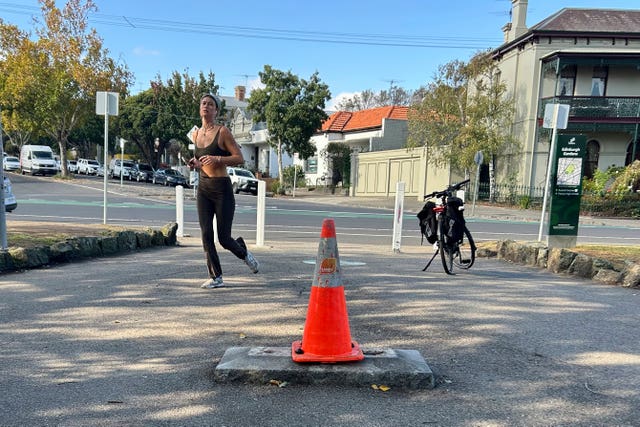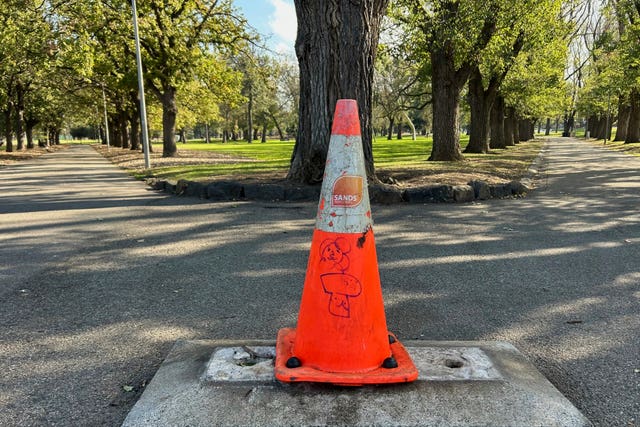Captain Cook monument removed from Melbourne park after repeated vandalism
The monument in Melbourne’s Edinburgh Gardens was snapped at its base and spray-painted with the words ‘cook the colony’.

An Australian local government has decided against repairing an often-vandalised monument to renowned British explorer Captain James Cook because it would be destroyed again.
But the mayor rejected accusations that the vandals have won.
Statues and monuments to the 18th century naval officer are common in Australia and are often defaced by opponents of Britain’s settlement of the country without a treaty with its indigenous people.

In 1770, then-Lieutenant Cook charted the Australian east coast where Sydney would become the first British colony on the continent.
The granite and bronze monument to the master navigator and cartographer in an inner-city Melbourne park was vandalised days after the anniversary of the first British settlers’ arrival at Sydney Cove was commemorated on January 26.
Opponents of Australia Day celebrations denounce the public holiday as “Invasion Day”.
There are growing calls for the country to find a less divisive national day.
The monument in Melbourne’s Edinburgh Gardens was snapped at its base and spray-painted with the words “cook the colony”.
Mayor Stephen Jolly, head of the Yarra City Council, which is a municipality near the heart of Melbourne, said his fellow councillors had voted unanimously on Tuesday night against spending 15,000 Australian dollars (£7,285) on repairing the monument, which remains in storage.
Mr Jolly said the decision to permanently remove the monument, which included an image of Cook’s face cast in bronze, was about economics rather than taking a position in Australia’s culture wars.
“It’s about being economically rational. It’s 15,000 dollars a pop every time we have to repair it and it’s persistently getting either demolished or vandalised or tagged,” Mr Jolly told Australian Broadcasting Corporation.
“It’s just a waste of ratepayers’ money. We can’t afford to do that,” he added.
But Victoria state’s Melbourne-based conservative opposition leader Brad Battin condemned removing such memorials as surrendering to vandals.
“We need to stand strong and remember the fact that this is part of our history,” Mr Battin told reporters.
“If you start to remove the history of our state and our country because of activists, then you’re actually giving in to those that are campaigning against it,” he added.
Mr Jolly disagreed that his council had given the vandals what they wanted.
“No, I think they would’ve loved for us to put it back up and then they could’ve just tagged it again or destroyed it again and just had this ongoing sort of little war going on in Edinburgh Gardens,” he said.
“I think they’re probably the most disappointed people that it’s not going to be there anymore,” Mr Jolly added.

The base of the monument remained at the entrance of the park on Wednesday with a traffic cone attached to warn cyclists, joggers and pedestrians of the trip hazard it presents.
Someone has scrawled a smiling face and a torso on the cone in an apparent reference to the memorial that had once stood in its place.
Mr Jolly said a local branch of the Captain Cook Society, an international group that celebrates the explorer, has offered to preserve the bronze plaques.
Melbourne-based society member Bill Lang said discussions were under way to find a short-term home for the monument, such as a museum.
Mr Lang said the council’s decision not to repair the monument was disheartening.
“It’s very disappointing for every open-minded Australian that believes that there are lots of things that we can learn about and learn from our history that we should celebrate,” he said.





